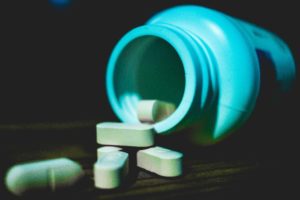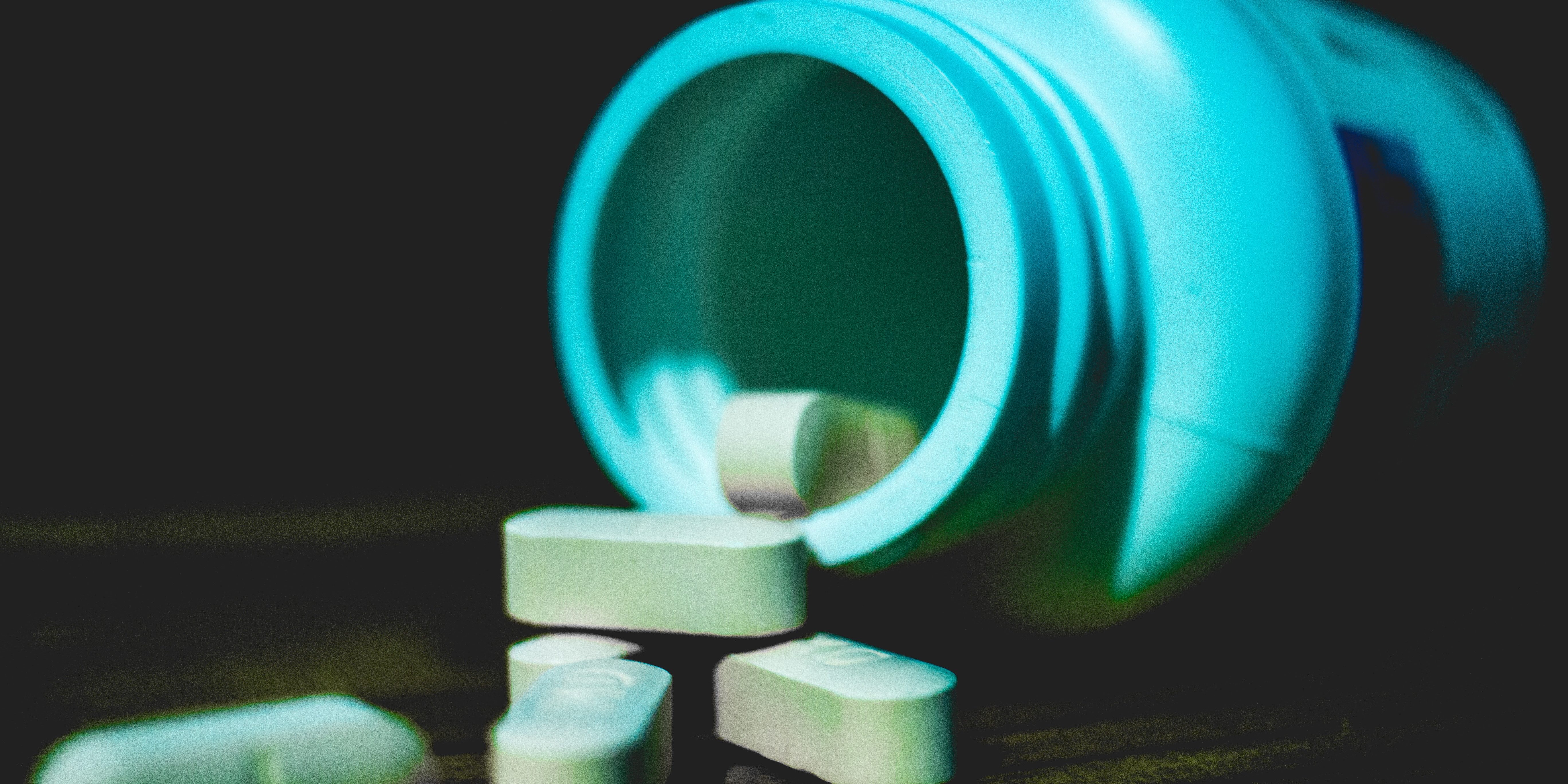 When we look at someone we love, we tend to see only the good, which is just one of the many reasons it may be hard to spot the signs of opioid abuse and addiction in a loved one. You may start to notice slight changes in mood or behavior that don’t make sense. Follow your intuition, even if you can’t pin point anything specific, don’t dismiss your concerns. You know them best and if your instincts are correct, then you could help save their lives.
When we look at someone we love, we tend to see only the good, which is just one of the many reasons it may be hard to spot the signs of opioid abuse and addiction in a loved one. You may start to notice slight changes in mood or behavior that don’t make sense. Follow your intuition, even if you can’t pin point anything specific, don’t dismiss your concerns. You know them best and if your instincts are correct, then you could help save their lives.
According to the National Institute on Drug Abuse, every day more that 115 Americans die after overdosing on opioids and roughly 21 to 29 percent of patients who are prescribed opioids for chronic pain misuse them. “Overdose is now the leading cause of death in people under the age of 55 in the USA. In 2017 there were almost 70,000 overdose deaths reported in the USA,” said Noam Fast, MD, Psychiatrist and Medical Director of the Mather Hospital Chemical Dependency Clinic. Individuals who take potentially addictive drugs, like opioid pain relievers, as prescribed for a short period of time have less of a chance of abusing them or becoming addicted. However, because these drugs can produce a sense of euphoria in addition to pain relief they can be misused. Those who take opioids not as prescribed, for extended periods of time, at a larger dose than prescribed, or without a doctor’s prescription, increase their risk for addiction, overdose and death.
People who are addicted to opioids may still be able to hold jobs and fulfill other responsibilities which helps maintain the appearance of stability at work and at home. However, over time addiction is likely to lead to serious problems and that semblance of stability will begin to fade.
Some common signs of opioid addiction to look for are:
- Regularly taking an opioid not in the way the prescribing doctor intended (i.e. taking more than prescribed)
- Taking opioids even when they are not in pain
- Mood swings including excessive changes between states of elation to hostility
- Changes in sleeping patterns
- Borrowing medications from others or “losing” medication so that more prescriptions may be written
- Seeking prescriptions of multiple doctors so as to have a back-up supply
If your loved one obtains opioids without a prescription they are at increased risk of addiction. Additionally, the illegal use of opioids increases the risk of drug related death. Drugs that are purchased illegally may be laced with life-threatening contaminants or even much more powerful opioids. People who use opioids illegally often turn to heroin which is a cheaper replacement with similar effects. In fact, about 80 percent of people who use heroin first misused prescription opioids.
Additional risk factors that increase a person’s risk of opioid addiction include:
- Younger age (i.e. individuals in their teens and early 20’s)
- Living under stressful circumstances (i.e. unemployment, relationship problems)
- A personal or family history of substance abuse
- A history of interpersonal relationship issues
- Previous legal problems (i.e. DUIs)
- Struggles with depression and anxiety
- Engages in high-risk activities
- Heavy tobacco use
“Signs of opioid intoxication can include pinpoint pupils, scarring or ‘track marks’ and personality changes including falling asleep in the middle of a conversation. Signs of overdose include slowed labored breathing and blue lips or skin,” said Dr. Fast. “People who overdose may be unrouseable. However, most patients who overdose are with someone when they do. Call 911 right away so there is time to administer lifesaving medications like naloxone,” Fast said.
It is common to avoid addressing your concerns about your loved one’s opioid use over fear of hurting your relationships and family. However, a person addicted to opioids, or any other substance, is much more likely to recover if their family supports them and refuses to ignore or tolerate their substance abuse. If your think you loved one may be addicted to opioids, talk with his or her doctor immediately. You know them best and together with their physicians you can determine the next steps for treatment and recovery.
Noam Fast, MD is the Program Director of the Psychiatry Residency Program. He also serves as a clinical faculty member in the Department of Psychiatry as well as the Medical Director of the Chemical Dependency Clinic at Mather Hospital.

